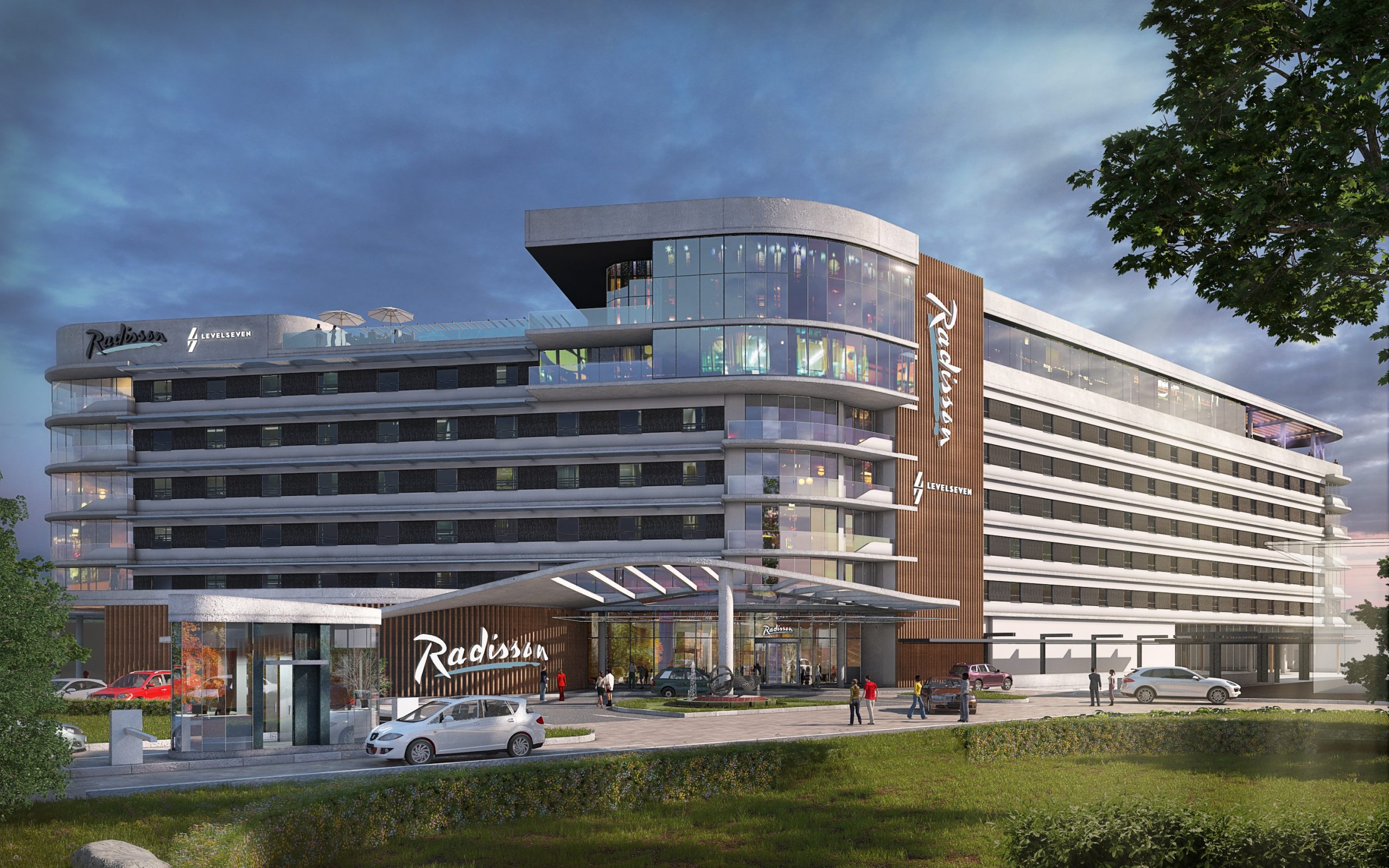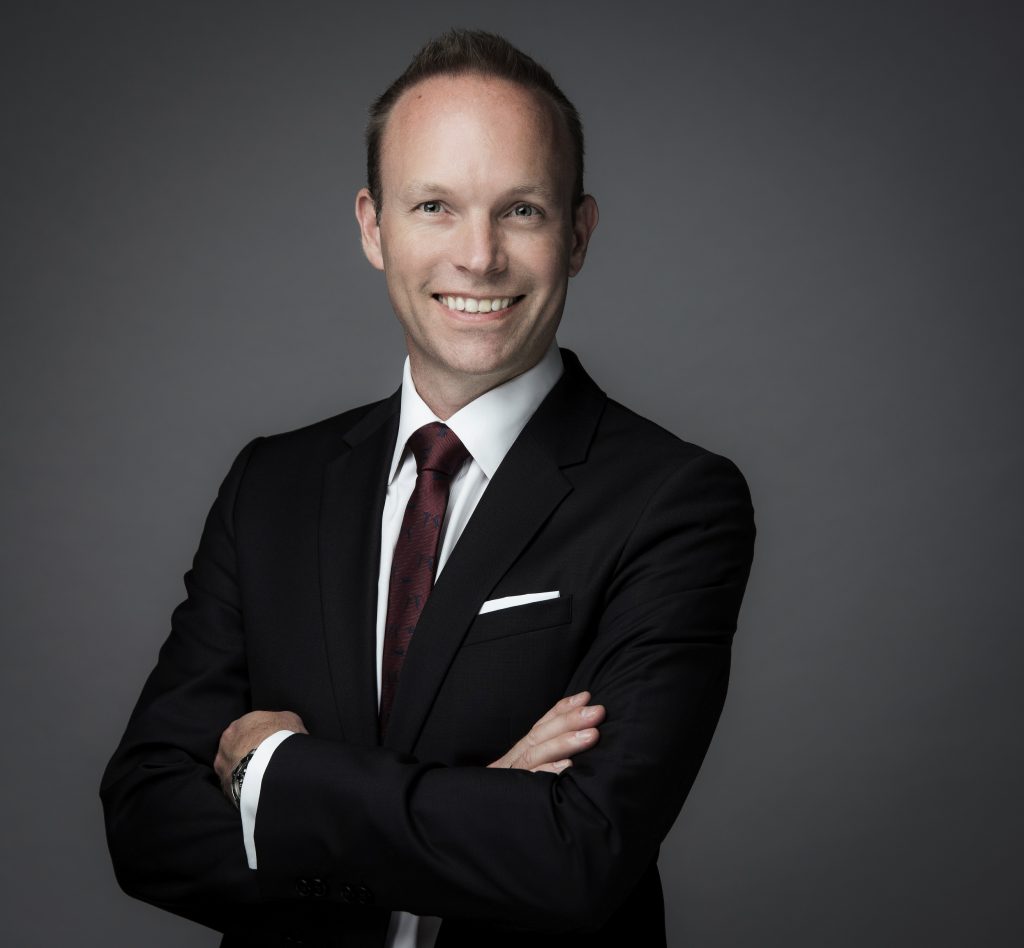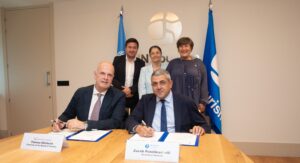Hotels that fought back against COVID-19 with an entrepreneurial approach in all facets will reap the rewards in the long run
When President Cyril Ramaphosa announced the easing of several restrictions on 1 February 2021, the South African hotel industry let out a cautious sigh of relief. Closures, furloughs and significantly decreased occupancy rates have all been part of the struggle, but with sales of alcohol now allowed, beaches and parks being reopened, and an extension of the curfew, many started relooking their balance sheets. They were hoping to reopen, possibly squeeze a bit of liquidity out of the coming weeks to counter looming insolvency and begin considering the possibility of a full staff complement once again.
At Radisson Hotel Group, however, we have actively avoided closing hotels and consistently tried to limit retrenchments at the first sign of trouble. Throughout the pandemic, during lockdowns and more open periods of trading, we have tried to keep our hotels operating and to do everything in our power to retain as many team members as possible, leveraging all our creative energies to expand and tailor our offerings and boost bookings. Also included were Radisson Hotels Safety Protocols to protect guests and staff, along with the introduction of Hybrid Meetings, Hybrid Rooms and Radisson Individuals. The latter was a pandemic-born hotel brand designed to assist smaller hotel brands to remain operational thanks to an association with the Radisson brand.
Uncharted territories led to new discoveries
Back in March 2020, we knew that it would be our reaction to the pandemic that would define us during the crisis – and also once we finally emerge on the other side. We could never be certain what the outcome of keeping our doors open would be. We were entering entirely uncharted territory, but one thing was certain: if we closed, our income would be zero. Once a hotel is closed, even temporarily, cash flow dries up entirely. But the building itself still requires maintenance and other basic services, which must be paid for. Our decision has proven correct. Hotels in Africa that have stayed open have done better, overall, than those that chose to close, and have seen a positive cash flow. This of course was the outcome we had hoped for and we certainly are very relieved about the success. But it was our entrepreneurial approach, rather than cash flow, that directed this decision to continue operating.

The focus of our motivation was always our team because underpinning our decision to continue operating our hotels is the acknowledgment that they’re crucial to the success of any establishment. Simply put, the hotel business might be run in an exquisite and expensive building, but the people who make things work and breathe life into the hotel – the team – make the experience for the guests. The unique selling points of a hotel no longer revolve around location only; the guest experience is equally, if not more important. Literally, every moment matters, and we have to ensure our guests have the very best experience possible – which is impossible without our staff. We invest significant time in selecting and developing our team members, then empower them with the correct tools to get on with their jobs. If you don’t have the team to deliver the experiences and create those unforgettable moments for your guests, you don’t have a hotel – you only have a building. As such, we acknowledge the many difficult sacrifices that our team members across the spectrum were called on to make.
We believed instinctively that our long-term survival and the longevity of our brand depended on remaining open and how we approached the issue of staff retention during the worst of COVID-19. As a result, we have addressed those sacrifices our teams have made in a very personal – and personable – way, applied consistently across our worldwide operations. We have long espoused a brand ethos that prides itself on its culture and people-first approach, and it was important that we choose integrity, inculcating a genuine culture of “every person matters”, from the top down – especially at this time when the future of the industry is on a knife-edge.
Ethics, ethos and enduring businesses
Our experience over the past year has taught us that this is a time for hotels, like all brands, to stick to their ethical practices, stay true to their entrepreneurial nature, live their “people before profits” ethos in how they deal with inevitable adjustments in staffing requirements, and save as many jobs as possible – knowing that it is people who are at the centre of the very culture of such establishments.
This is also the time to drive innovation, consistently remain open-minded and pursue those unchartered territories to find and create those business opportunities that will keep our hotel doors open as we all navigate through this unpredictable time.
By Tim Cordon, Area Senior Vice President, Middle East & Africa, Radisson Hotel Group
Tim Cordon is the Area Senior Vice President for the Middle East and Africa of the Radisson Hotel Group. Based in Dubai, Cordon is responsible for leading hotel operations and delivering growth and profit, with over 100 hotels in operation and over 80 hotel projects in the development pipeline. Cordon holds a degree from Nottingham Trent University in Mechanical Engineering and Design and Technology, including qualified teacher status. In 2006, he entered the British Hospitality Hall of Fame with the ‘Alpha Forum Prize – Young Manager’ award. For two consecutive years, he has secured a spot in the top 5 of Hotelier Middle East’s Power 50 list.








